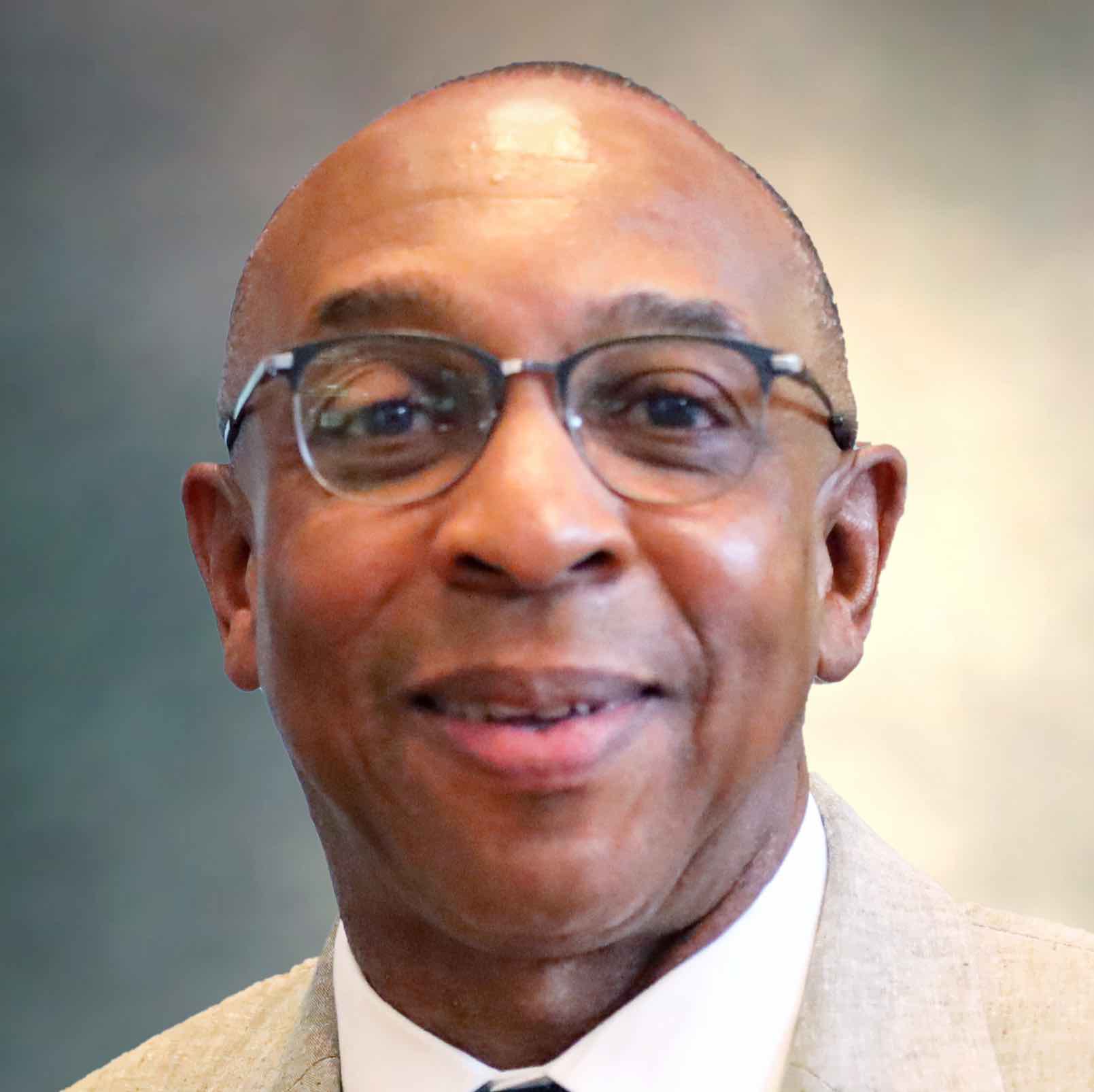4 minutes
Six strategies credit union leaders can use to help African American men reach their fullest potential in their organizations.
We are nearing the end of the year 2020, and there is still a perception held by some, a myth perception, that black men in our society are threatening, violent or not trustworthy, and uncooperative. Besides simply not being true, this perception is difficult to understand considering what black men have done, and continue to do, to erase it.
Imagine trying to prove your value in a society that fears and distrusts you. Imagine trying to earn a job, have a rewarding career, or provide for a family in a society that often does not treat you with courtesy and respect. For most black men, these experiences are their daily reality.
Every day, coming into work, I remind myself of who I am, a successful black man. Not because I need a reminder, but so my co-workers will see me as someone who is not threatening, someone other people can talk to and listen to, and not feel any way uncomfortable or uneasy when interacting with me. I am careful not to raise my voice or appear to be angry, even when the situation may warrant it, because my actions could be viewed negatively by others in the meeting room.
Recently, I was asked how those in leadership positions can help pave the way for black men to thrive and advance in credit unions, and I took it as an opportunity to share some of the issues causing biases, whether consciously or unconsciously, in the credit union space, and how leaders can work to overcome these challenges.
First, incorporate policies that foster diversity, equity and inclusion in the workplace. Systemic and systematic biases, including racism, have created an environment where black men are not getting the same starting opportunities as our peers. For black men looking to advance and become leaders within a credit union, we know it is not a 100-yard dash or sprint because if we act as if it is, we would lose every time. Effective DEI policies would create an expectation for a fair and equal start for everyone. Directly addressing biases would cultivate an environment where we all start from the same starting block at the same time.
Second, diversify recruiting channels. Historically black colleges and universities have outstanding academic degree programs in human resources, finance, management, marketing and accounting. Credit union professionals need to deliberately reach out and build relationships with the faculty and staff at HBCUs to recruit qualified candidates from a diverse pool of students who would welcome an opportunity to work at a credit union. We need to broaden the recruiting area options and require hired recruiting agencies to submit male African American candidates for vacant leadership positions. These must be “intentional” actions.
Third, provide open and honest feedback about performance. Black men want to know how to improve their performance and advance their careers. For far too long, open, honest and constructive feedback has been avoided because of the myth perceptions about black men. As with all people looking to advance their careers, black men respond positively to constructive development consulting and advice on qualifying and competing for leadership opportunities.
Fourth, actively listen with a purpose. This means treating everyone with courtesy and respect. This doesn’t mean agreeing with every comment or suggestion made. That won’t happen, it can’t happen, because we are all individuals who have lived different experiences. Disagreeing is natural. Stereotyping, however, is a taught behavior, while discourtesy and disrespect come far too easy for too many.
Fifth, recognize and promote talent. A system that promotes employees, and puts aside stereotypical thoughts, assumptions, and biases, gives everyone an equal opportunity to achieve their professional goals. Understand that hiring qualified applicants and increasing diversity are not mutually exclusive acts. It is essential for everyone in your organization to know that hiring is based on the most suitable candidate for the job. Black men are seeking careers that cultivate their strengths, provide resources and support to overcome weaknesses and, most importantly, position them to best represent their personal values in the communities where they live and work.
Sixth, live by your core values. I have always had a comforting feeling about the people I work with at Together Credit Union because of the organization’s four core values: value diversity, act with integrity, serve with excellence and take ownership. This is the type of workplace environment where all people can excel and advance.
For black men, changing perceptions and overcoming those stereotypical thoughts and assumptions is difficult to do. However, if given the opportunity, black men would bring a personal perspective of empathy missing from many organizational cultures, including the credit unions. Black men know, genuinely know, how it feels to be disliked, misrepresented and misinterpreted, and disrespected in all ways. We do not wish for others to feel that same way. Black men would bring respect, positivity, and encouragement, all essential leadership qualities, to credit union leadership and corporate credit union America.
Larry D. Sewell, VP/corporate partnerships & advocacy at $2 billion Together Credit Union, St. Louis, and chairman of the board for the African American Credit Union Coalition.






